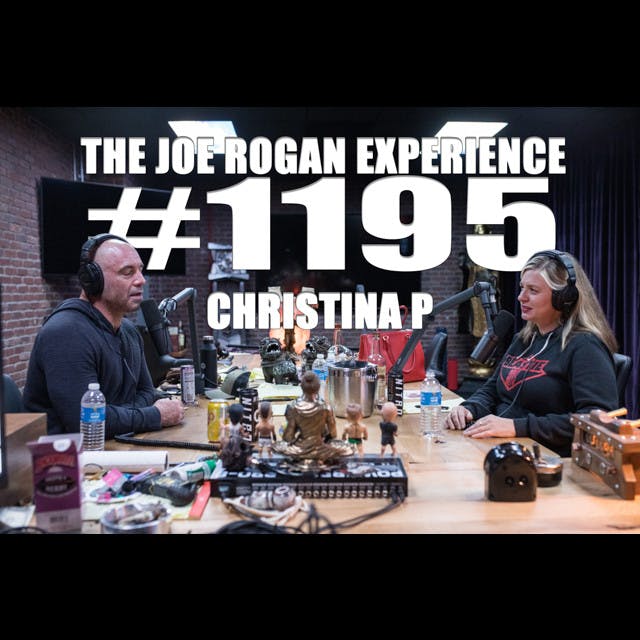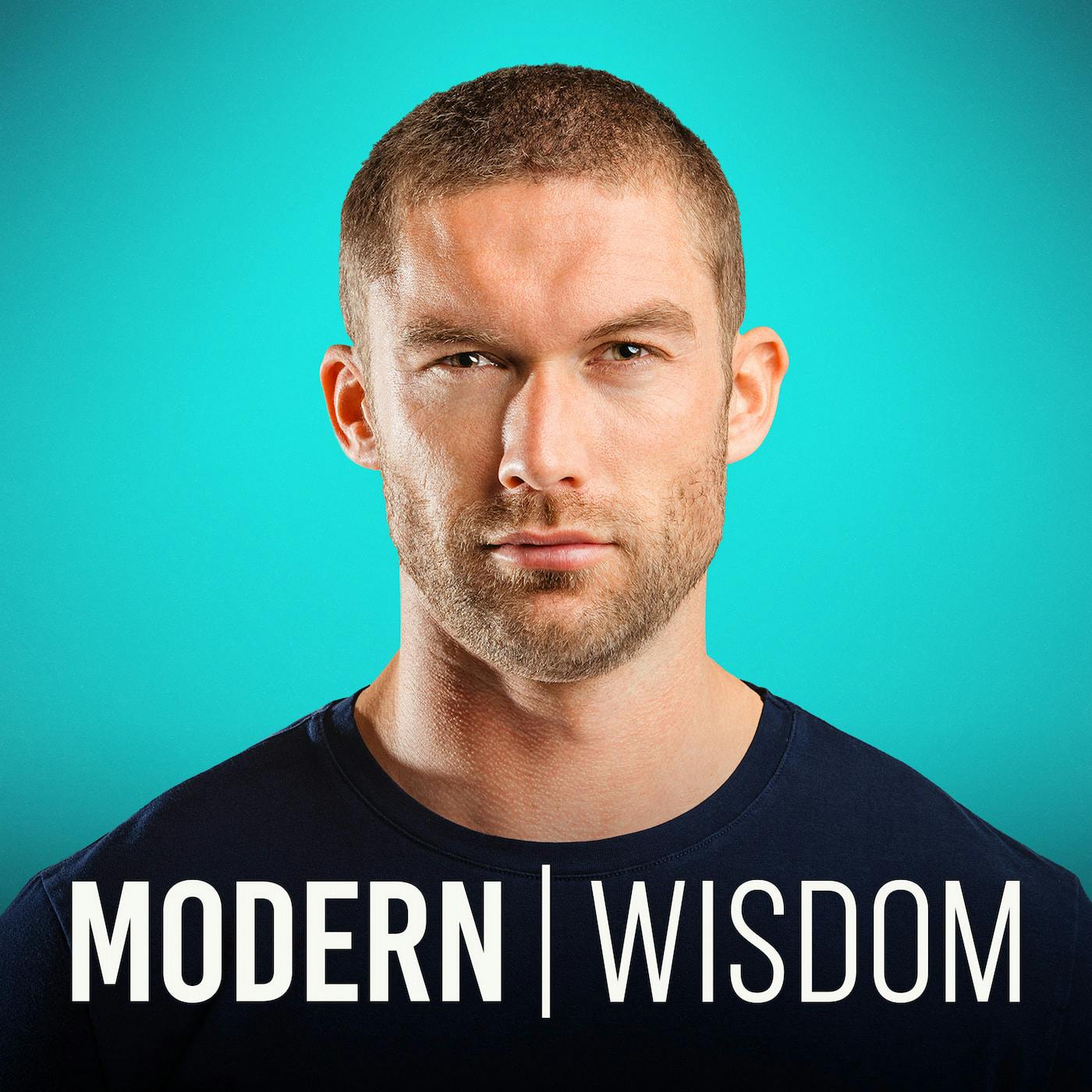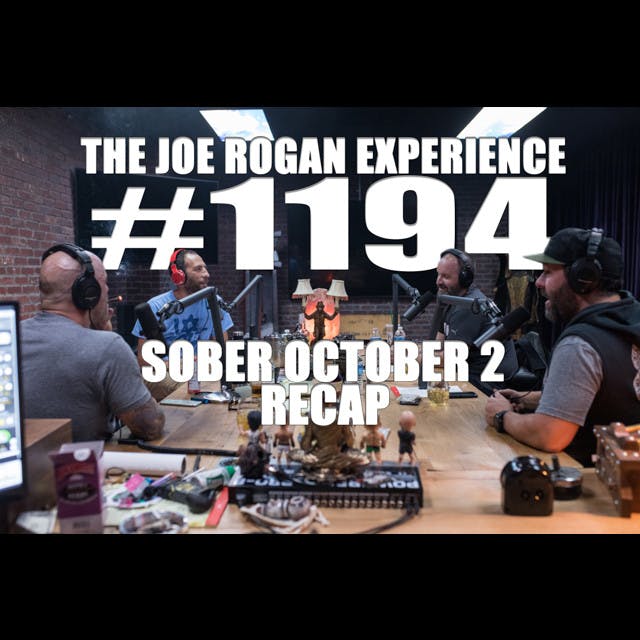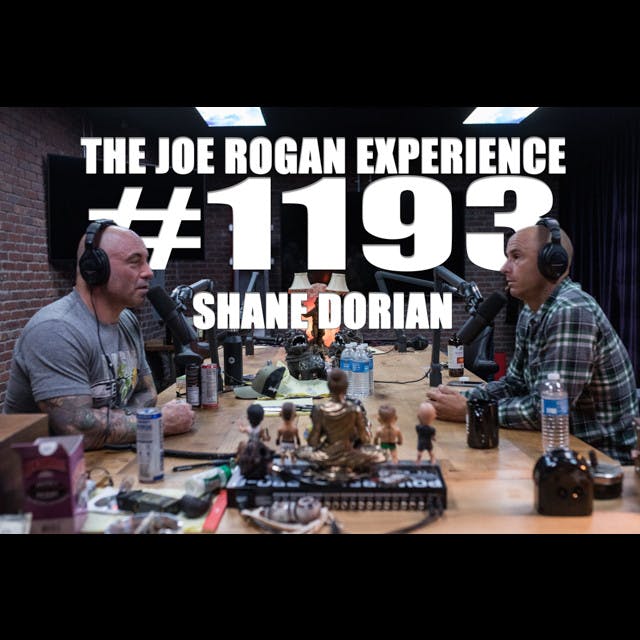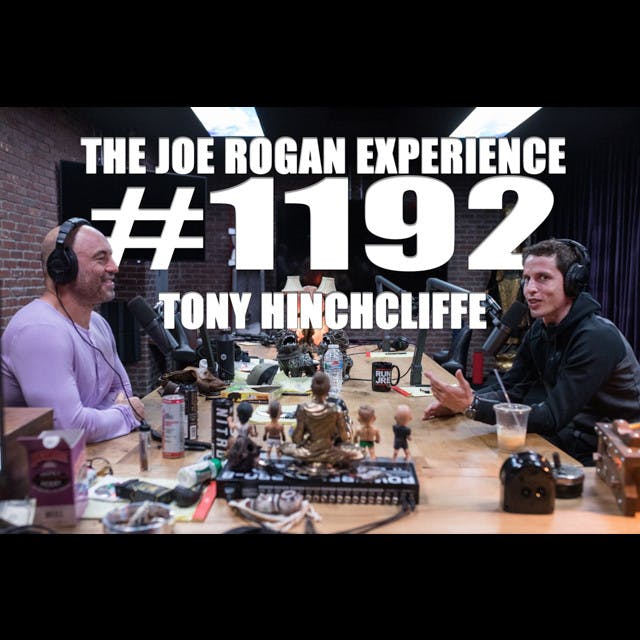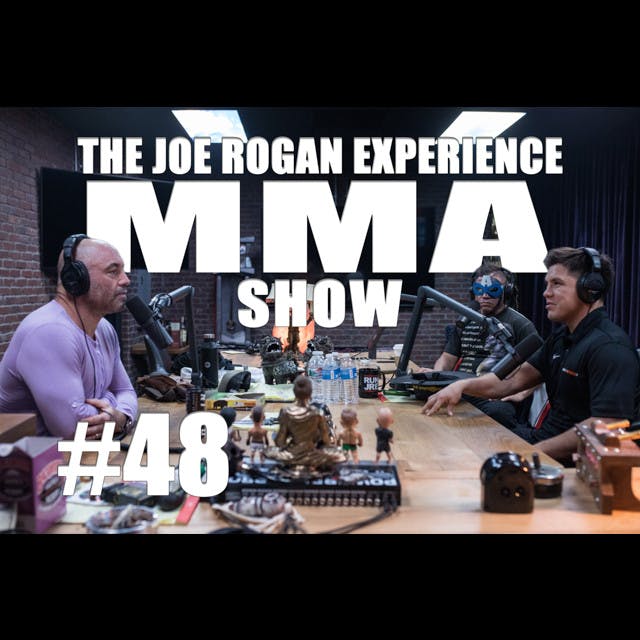[REPLAY]
My guest this week is Peter Attia, M.D., whose mission is to understand and improve human lifespan and healthspan (or quality of life). Reading Peter’s research, you find that there are many similarities between health and investing—ideas like compounding—which we explore in detail.
We spend a lot of time on mind, body, spirit and performance as it relates to living a better life. Of particular interest is the strategic problem that we face when studying longevity. As Peter puts it in our conversation: we are the species of interest, but we can’t conduct the kinds of experiments on humans—randomized trials, with control groups—that we apply to solve other big problems. So we have to back our way into a better understanding of longevity and quality of life.
To that end, we discuss what we can learn from studying centenarians, the problem of progress in science, a drug called Rapamycin (which Peter believes could be revolutionary), eating, the importance of muscle mass, and the idea of distressed tolerance. We emerge with a framework for thinking about health and well-being which can hopefully help us all live longer, better lives. Please enjoy!
For comprehensive show notes on this episode go to http://investorfieldguide.com/attia
For more episodes go to InvestorFieldGuide.com/podcast.
Sign up for the book club, where you’ll get a full investor curriculum and then 3-4 suggestions every month at InvestorFieldGuide.com/bookclub
Follow Patrick on twitter at @patrick_oshag
Posts From Peter Attia That You Should Read
Do Calories Matter
How You Move Defines How You Live
2016 Update
Long List of Questions Answered: Part 1 and Part 2
Links Referenced
The Scientific Method-Richard Feynman
Knowing Versus Understanding-Feynman again
Books Referenced
Barbarians at the Gate: The Fall of RJR Nabisco
Diffusion of Innovations
Good Calories, Bad Calories
Show Notes
2:31 – (first question) – Getting Peter to define the concept of wealth and how it might have changed in his life
5:01 – How do you increase the number of really good people in your life.
6:50 – Looking at the relationship between healthspan and lifespan and a chart that Peter created on this specific topic.
11:11 – Drilling down into the different dimensions and aspects of this chart that could be most important for people, especially how compounding plays into our health.
16:57 – The difference between strategies and tactics that will help you extend lifespan
17:54 – The Scientific Method-Richard Feynman
21:41 – Different types of intermittent fasting
28:59 – What role does repair play in health
34:17 – Barbarians at the Gate: The Fall of RJR Nabisco
36:01 – Looking back, what health trends today will look absurd
36:19 – Diffusion of Innovations
39:24 – What are the primary benefits of weight lifting
40:21 – The importance of glucose disposal
45:07 – Good Calories, Bad Calories
46:31 – What is the state of progress in the scientific community
52:14 – Peter is asked about how he guards against getting too attached to old beliefs
1:01:51 – A look at how performance relates to healthspan
1:03:34 –Peter’s first great auto-racing experience
1:09:17 – Looking into Peter’s medical practice and understanding his thinking that goes into helping people
1:18:11 – The most memorable day in Peter’s career
1:22:31 – The kindest thing anyone has done for Peter
Learn More
For more episodes go to InvestorFieldGuide.com/podcast.
Sign up for the book club, where you’ll get a full investor curriculum and then 3-4 suggestions every month at InvestorFieldGuide.com/bookclub
Follow Patrick on twitter at @patrick_oshag





